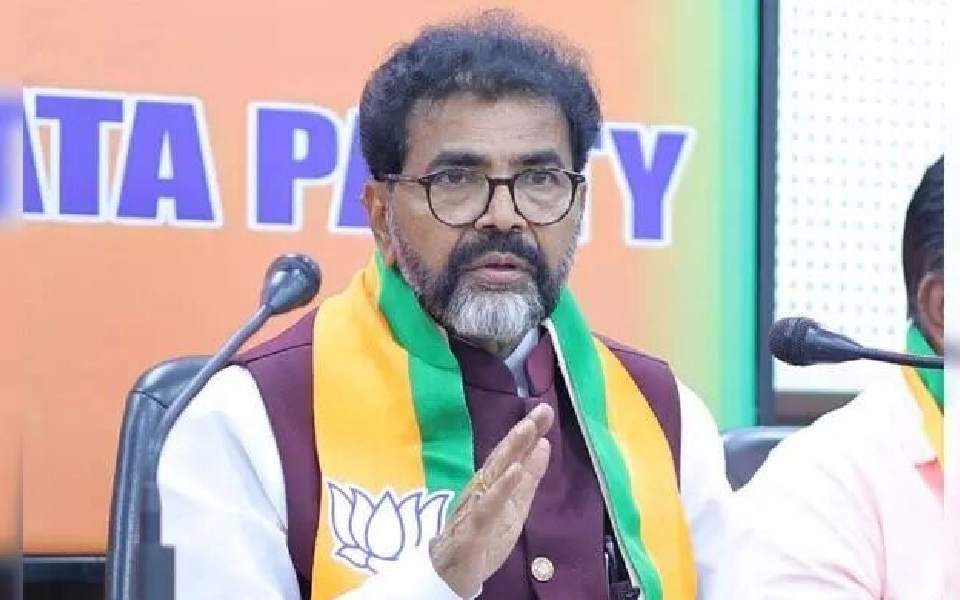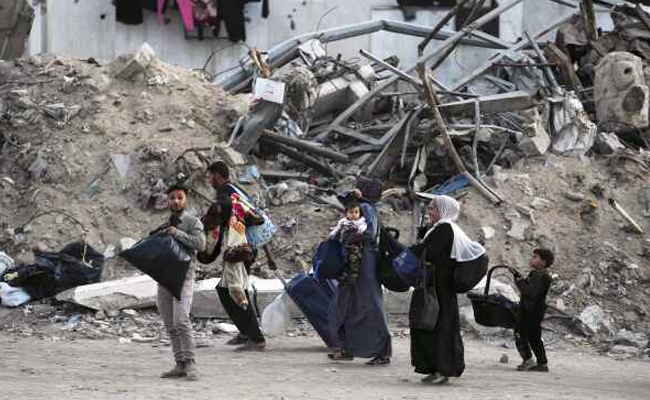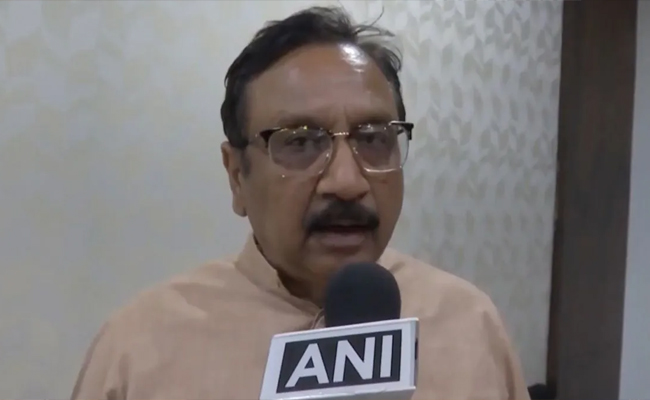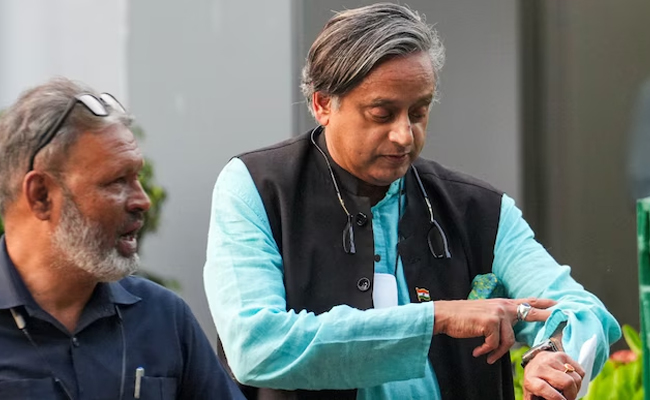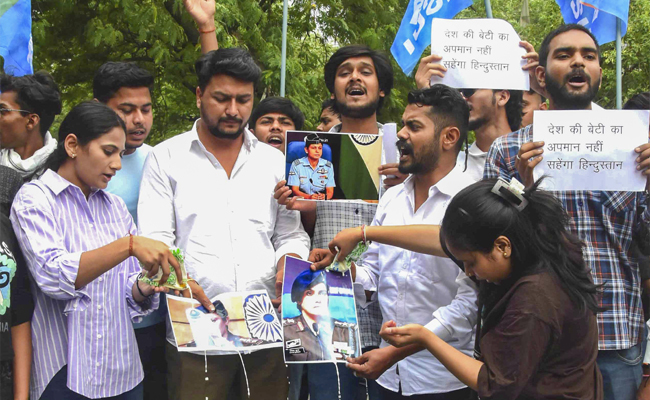Bengaluru: Legislative Council Opposition leader Chalavadi Narayanaswamy stated that the MUDA site allotment scam must be given over to a CBI investigation. Only this could bring out the real facts, he said. He was speaking to the press people at Jagannatha Bhavana, BJP state office, in Bengaluru on Friday.
Alleging that attempts were afoot to bury the MUDA case without allowing a CBI investigation, Chalavadi Narayanaswamy said that the Congress should have celebrated the Valmiki Jayanti as a day of repentance, if it had any humanity. "The CM must immediately resign and all those who loaded the all the MUDA files onto a helicopter must also be investigated", he added.
The BJP leader alleged that corruption had stopped being an offence to the CM and Congress party. "The Congress government has appointed a wolf to guard the sheep. Despite heavy corruption taking place, those who come out of jail are in a jubilant mood. Valmiki Jayanti only happened yesterday. I felt ashamed when Siddaramaiah was celebrating it. How right is it for the people who gulped down the Valmiki Corporation to celebrate Valmiki Jayanti?" he questioned.
Referring to ED raid on MUDA office, taluk office and the house of the land owner Devaraju, Narayanaswamy said that this happened because the investigative agency's repeated request for MUDA files had been rejected. He alleged that the government wanted to bury the facts of the case and the MUDA sites were 'unnecessarily' returned. "President Marigowda has been removed. Officers there have been shifted to different departments. All this points at the fact that a huge corruption had happened there", he said.
Let the Truth be known. If you read VB and like VB, please be a VB Supporter and Help us deliver the Truth to one and all.
Khan Younis (Gaza Strip) (AP): A hospital in southern Gaza says 54 people have been killed in overnight airstrikes on the city of Khan Younis.
An Associated Press cameraman in Khan Younis counted 10 airstrikes on the city overnight into Thursday, and saw numerous bodies taken to the morgue in the city's Nasser Hospital.
Some bodies arrived in pieces, with some body bags containing the remains of multiple people. The hospital's morgue confirmed 54 people had been killed.
It was the second night of heavy bombing, after airstrikes Wednesday on northern and southern Gaza killed at least 70 people, including almost two dozen children.
The strikes come as US President Donald Trump visits the Middle East, visiting Gulf states but not Israel.
There had been widespread hope that Trump's regional visit could usher in a ceasefire deal or renewal of humanitarian aid to Gaza.
An Israeli blockade of the territory is now in its third month.

